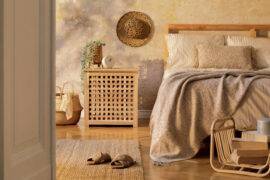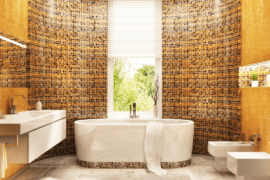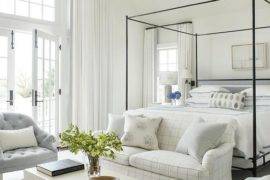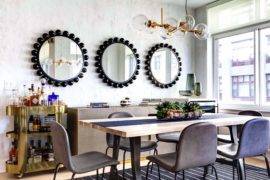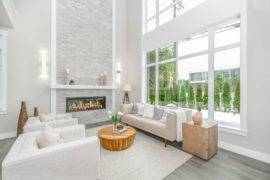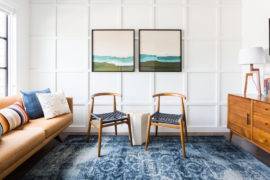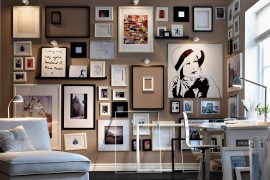In the realm of interior design, the selection of wall textures is pivotal in fashioning a visually captivating and distinctive environment. From sleek finishes to elaborate patterns, the array of wall texture types available empowers homeowners and designers to manifest their artistic vision. This guide will thoroughly examine the diverse types of wall textures, their defining attributes, and optimal methods for integration within your living space.
Understanding the Significance of Wall Texture Types
Wall texture varieties are a fundamental component of interior design, contributing depth, dimension, and visual allure to a room. Whether aspiring to cultivate a snug, rustic atmosphere or a polished, contemporary aesthetic, the appropriate wall texture can significantly influence the overall ambiance of a space. By comprehending the distinctive traits and applications of various wall texture varieties, you can elevate the aesthetic allure of your home and leave a lasting impact.
Smooth
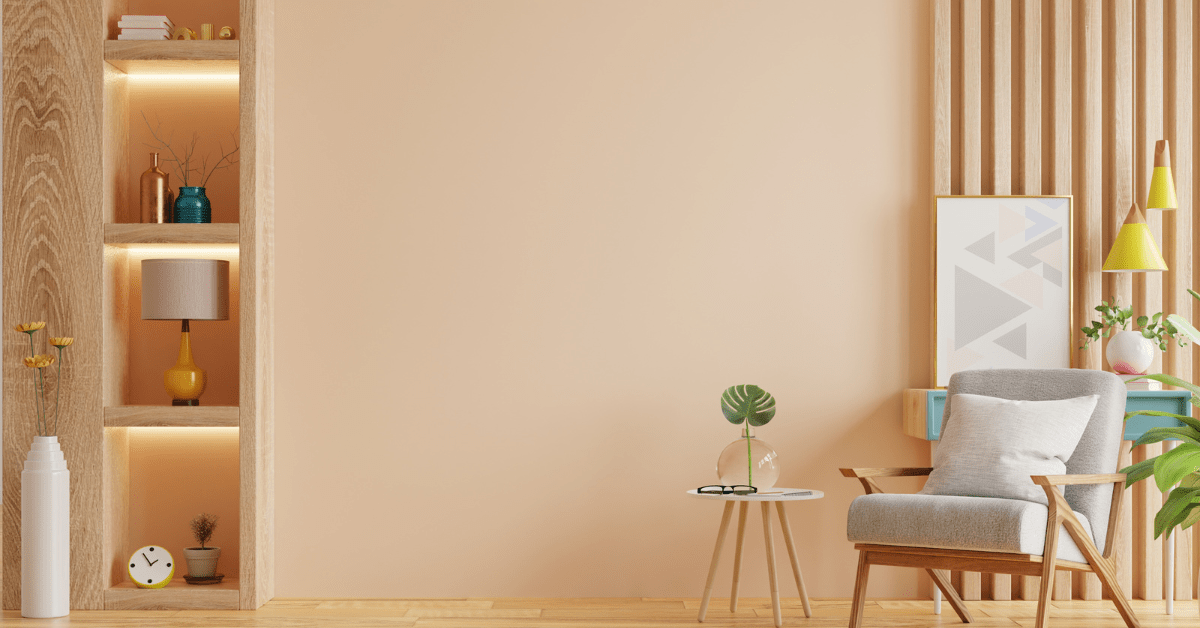
Smooth wall texture stands as a timeless choice for modern and contemporary spaces. This texture type engenders a seamless, pristine appearance that complements minimalist interior design. Achieving smooth walls often involves techniques such as skim coating, where a thin layer of joint compound is applied to the surface and sanded to create a polished finish. This versatile texture can be painted in any color to align with your design preferences.
Knockdown Wall Texture
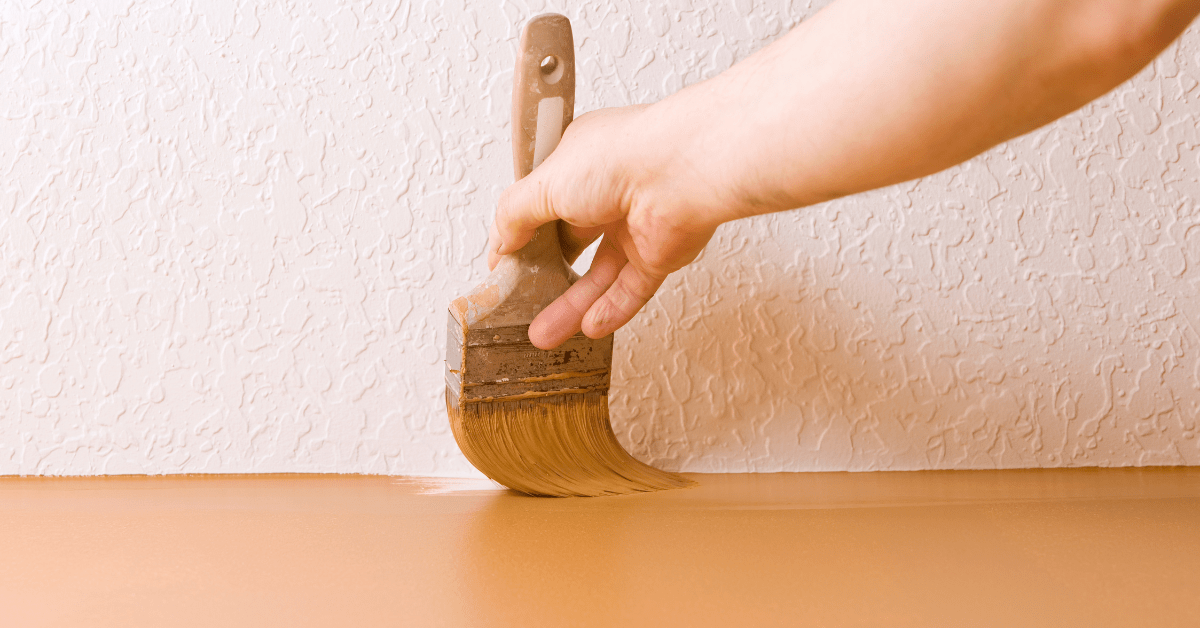
Knockdown is a favored option among wall texture types for infusing subtle texture and visual allure into walls. This texture is accomplished by applying a joint compound to the surface and utilizing a trowel to craft a textured pattern. The outcome is a variegated, irregular surface that infuses depth and character into a room. Knockdown texture is well-suited for both traditional and contemporary interiors and can be customized to achieve various levels of texture.
Orange Peel
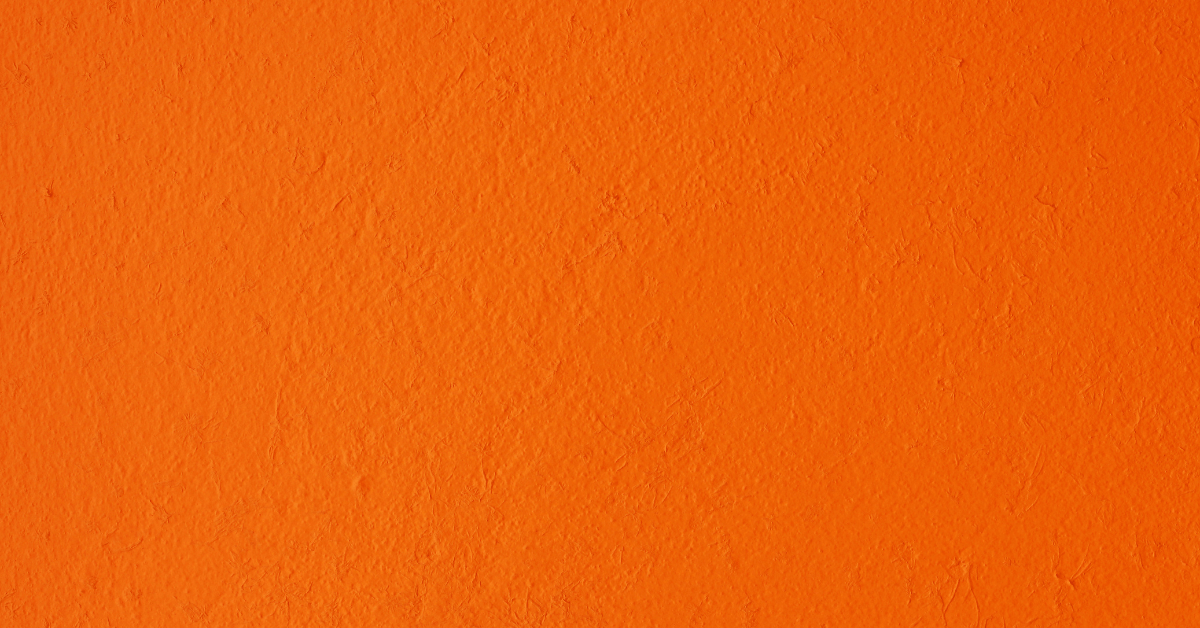
The orange peel wall texture earns its name from its resemblance to the rind of an orange. This texture is achieved by spraying joint compound onto the wall and then utilizing a roller to produce a stippled effect. The result is a subtle, bumpy texture that imparts dimension to the walls without overwhelming the visual appeal. Orange peel texture is an excellent choice for concealing imperfections in the wall surface and is commonly employed in high-traffic areas such as hallways and entryways, but it doesn’t have to be orange in color!
Popcorn Wall Texture
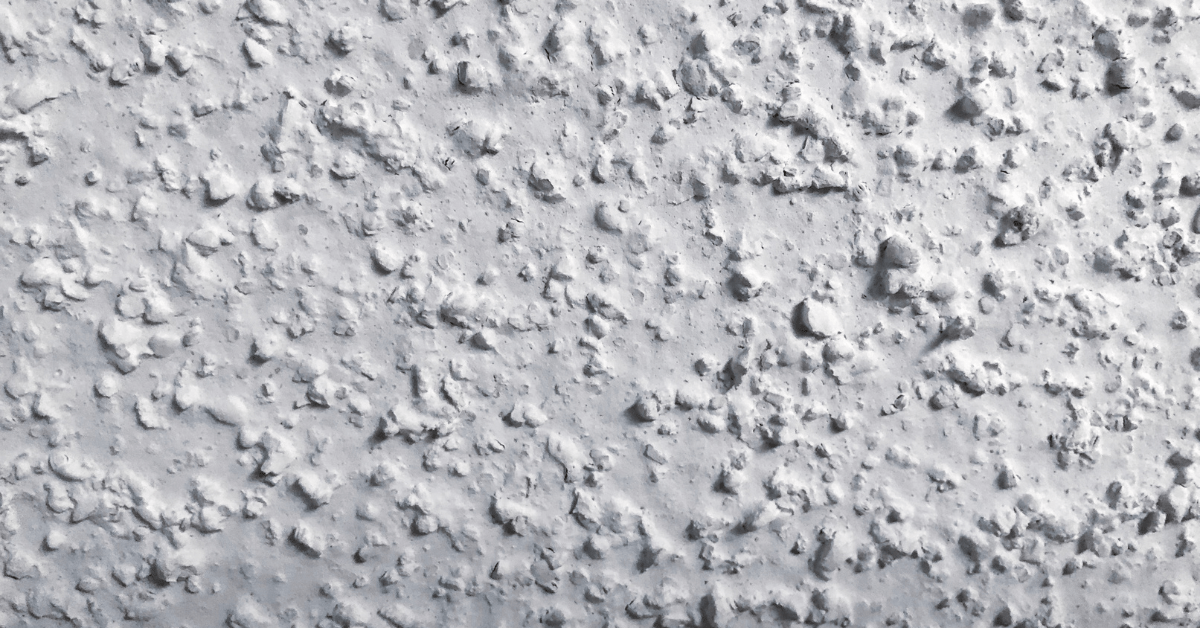
Popcorn wall texture, also recognized as acoustic or cottage cheese texture, was prevalent in the mid-20th century and is distinguished by its rough, lumpy appearance. This texture is created by spraying a blend of joint compound and texture material onto the wall, yielding a unique, sculptural effect. While popcorn texture has waned in popularity in recent years, it can still be found in older homes and can be removed or replaced to modernize the aesthetic of a space.
Other articles you might enjoy:
- Can You Paint Over Wallpaper? Yes, And Here’s How
- Explore 16 Unique and Creative Wood Accent Wall Ideas
- Transform Your Home with Breathtaking Wall Galleries
Wall texture types stand as a versatile and influential element in interior design. By comprehending the unique traits and applications of diverse wall textures, you can revamp the appearance and ambiance of your home. Whether favoring the sleek, modern allure of smooth texture or the understated, textured charm of knockdown or orange peel, there are boundless opportunities for crafting a distinctive and captivating space. Armed with the right knowledge and creativity, you can utilize wall texture varieties to enrich the visual allure of your home and create a lasting impression.
